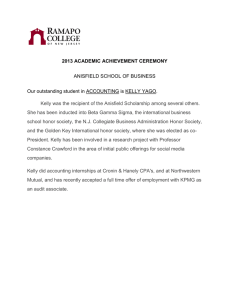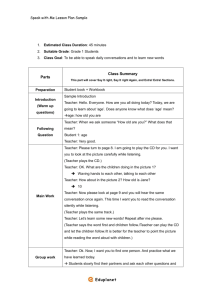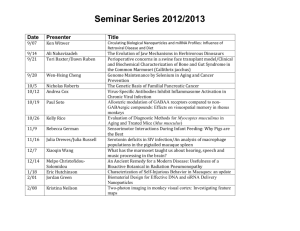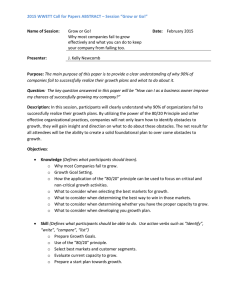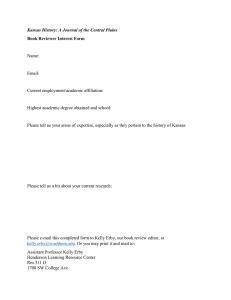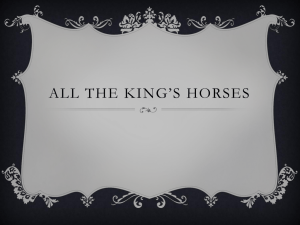Chicago Political Machines and the Kelly Nash Machine
advertisement
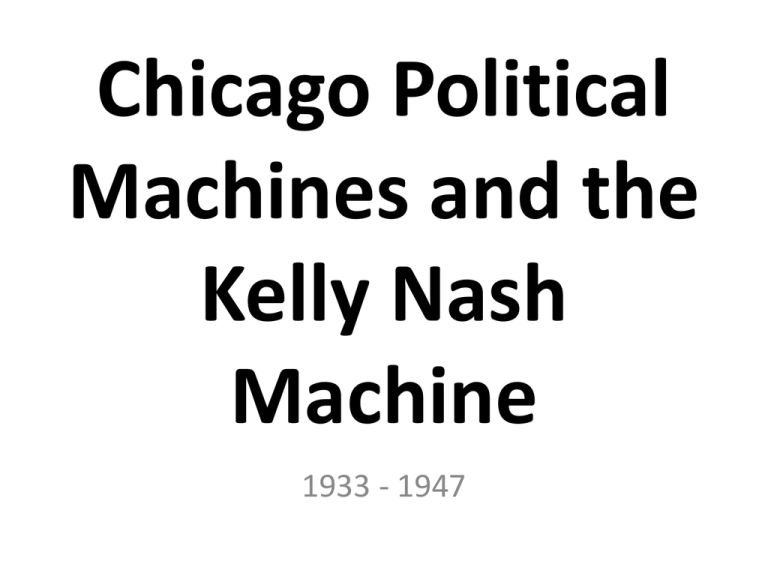
Chicago Political Machines and the Kelly Nash Machine 1933 - 1947 Political Machine • A political machine is a party organization that is headed by a single boss or a small autocratic group that commends enough votes to maintain political and administrative control of a city, county, or state. Political Machines A political machine is a party organization that recruits its members by the use of tangible incentives: money, political jobs and that is characterized by a high degree of leadership control over member activity. "Political machine" started as a grass-roots campaign to gain the patronage needed to win the modern election. Having strong patronage, these "clubs" were the main driving force in gaining and getting out the "straight party vote" in the election districts. Chicago Political Machines Background • The second half of the 19th century and the first thirty years of the 20th saw great ethic and class divides among political parties • Migration patterns of different groups further contributed to such division • Several mayors were implicated in illegal activities, but never convicted • Organized crime was allowed to flourish, giving way to figures such as Al Capone The Machine • The Democratic Machine came into being under the leadership of Anton Cermak • Bohemian immigrant with a working class background • Was elected mayor in 1931, defeating incumbent Republican William Hale “Big Bill” Thompson • Brought representatives in from the German, Jewish, Polish and Czech communities • Was assassinated in 1933 Kelly-Nash After Cermak’s death, Democratic party chairman Patrick A. Nash pushed for Edward J. Kelly As mayor, Kelly was a staunch supporter of the New Deal and used federal funds to better the city Acquired additional financial resources from organized crime for turning a blind eye Worked to better the living situation for Chicago’s growing black community by favoring integrated schools and public housing Helped set up the party’s alliance with ethnic and racial minorities Changes • In 1947, Kelly was forced to retire by his own party, because of his progressive views • His replacement was Martin H. Kennelly • Served two terms, but was ousted in 1955, because of being considered too independent • Replacement was Richard J. Daley, who ended up serving until his death in 1976
